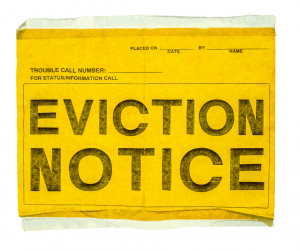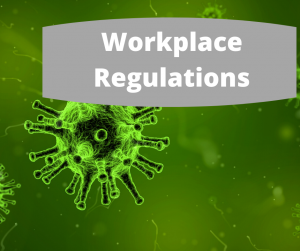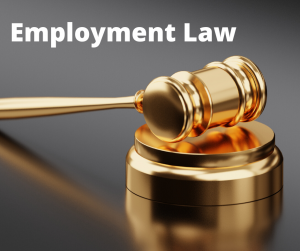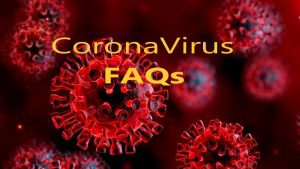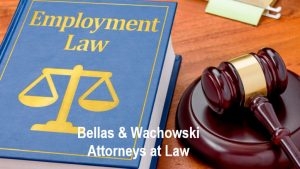The moratorium is scheduled to end on July 31, 2020, it may very well be extended again. Once the moratorium period ends, Illinois landlords can file eviction suits due to the non-payment of rent.
NOTICE TO LANDLORDS: Chicago residential tenants, who have lost income as a result of the COVID-19 pandemic, can respond to their landlords within five days of receiving an eviction notice under a Chicago Ordinance. The notice must be in writing, whether in the form of a letter, email or text message. The notice can be as simple as, “I have been unable to pay rent because I have been financially affected by the COVID-19 pandemic.” For a more formal template, go to: www.chicago.gov/eviction
 Chicago Business Attorney Blog
Chicago Business Attorney Blog


